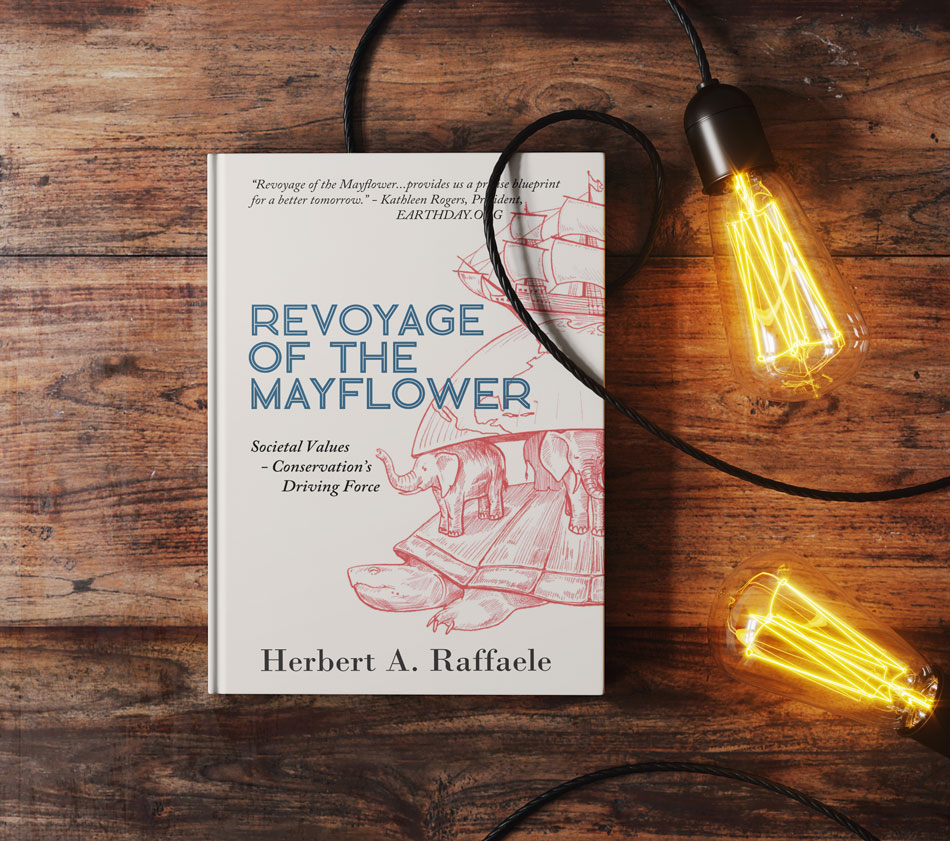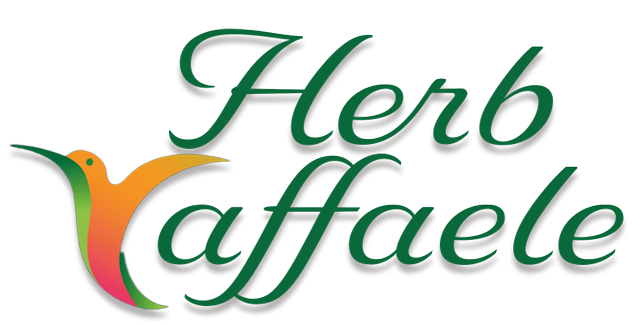
Jane Lang has provided us with her review of Herb Raffaele’s latest book, ‘Revoyage of the Mayflower‘ which we proudly pass along to our subscribers.
Revoyage of the Mayflower: Societal Values-Conservation’s Driving Force
Author: Herbert A. Raffaele
What on Earth do We the People from sea to shining sea value?
This book is a gift of detailed guidelines and frameworks of solid ecological knowledge and encouragement based on decades of author Raffaele’s education and experiences in the US Fish and Wildlife Service and other impactful Nature-preservation organizations.
If I could re-live my life, I would want this book to have been the predominant textbook in grades 6-8 social studies classes. We would have formed teams to participate actively in assessing, discussing, and creating ecology-oriented civic projects in line with our community’s conservation values and needs. How about learning what we can do to prevent our songbirds from crashing into their reflections in Main Street shop windows? Where can we get help for feral cats? Every one of us has the ability to do something to conserve what we value and to work on trusting ourselves and others democratically.
Author Herbert A. Raffaele guides us through imagining how much differently we would consider our role with all other inhabitants of our neighborhoods, towns, counties, states, nations, and world if people from India rather than Europe had landed on our country’s shores. India is a predominantly Hindu country where people believe wildlife have souls and sacred equality with humans. Judaeo-Christian traditions from Europe consider humans to have power and dominion over every living thing, most believing that animals definitely are not our equals. Our reality is that daily we read and hear news reports of despicable human hunters maiming and killing endangered beautiful animals like tigers, elephants, wolves, countless birds—for sport, for money. Fortunately, countless individuals form teams in their communities to protect endangered habitats and species. On page 121, Raffaele aptly quotes Aldo Leopold in observing that conservation can’t exist without “an ethic dealing with man’s relation to land and to the animals and plants which grow upon it.”
Columbus named the Indigenous inhabitants he encountered in 1492 “Indians” because he believed he had come ashore in Western India. Before Pilgrims from England on the “Mayflower” landed at Plymouth Rock-Cape Cod on December 16, 1620, another ship-landing from Europe forever affected America’s psyche. In the year 1619, the English privateer ship “White Lion” came ashore at Point Comfort (Hampton, Virginia) with 20-30 enslaved people abducted from Africa aboard under inhumane conditions. We are a nation in perpetual recovery from the 1600s.
Chapter after chapter we are enlightened with recommendations for how to identify our commonality with community conservation values and learn with others how to live our daily lives aware of how we can be people who preserve and conserve our natural environment, an environment consisting of habitats and inhabitants: “we the people” and our valued fur and feather neighbors. A section named “Valuing Nature” reveals that we are less concerned and caring about conservation in the past two decades. This is a wake-up alarm now that searchers have learned the truth about melting glaciers and rising sea levels, as well as extreme meteorological alterations around the Earth.
Ideas presented for a major re-evaluation and revamping of curricula for professional training of conservationists, ecologists, and related fields are enlightening. Psychology and sociology are urged by Raffaele to be taken seriously and included in the training of environmentalists at all levels. It raises the standards for assuming that trust-building and basing field work on each community’s values will be second nature to all conservation professionals.
In this outstanding book, much more is written for all of us to ponder and consider acting upon as valued residents of communities in a democracy. A thoughtful bibliography is provided for further learning.
Raffaele states, “The building of trust strengthens communities.” Yes, indeed. It’s all about the values of the communities of people in a democracy. Thanks to Herbert Raffaele, through this welcome publication we receive intelligent guidance and encouragement to participate in conservation of our world’s resources. Read it. Share it.
Jane Lang, Saint Paul, Minnesota
September 7, 2022
